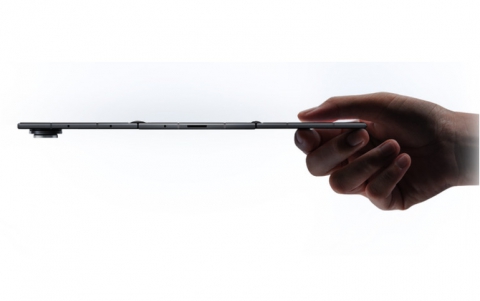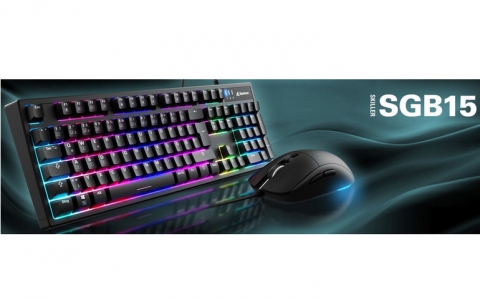
Sony to Use 65nm Cell Processors For PS3
Sony reported fiscal third-quarter results overnight, posting a small year-over-year decline in profit as the company incurred increased costs in the rollout of its new PlayStation 3 video game console.
Sony said that sales in the Electronics segment are currently trending higher, while the Game segment is trending lower thanks to weakness in the PlayStation Portable business and higher-than-anticipated charges associated with the launch of the PS3.
The company's s Game segment logged an operating loss of ¥54.2 billion for the 3Q of FY2006. The limited rollout of the PS3 was good for a modest 5.6% jump in sales, as PS3 sales were offset by price cuts on the PS2. The PS3 shipped to Japan and North America during the quarter, while the European rollout is slated for later this year. The costs associated with the PS3's debut led to an operating loss in the Game segment. Sony shipped 1.84 million PS3s during the quarter and expects to ship 6 million by the end of the current quarter, with the console beginning to turn a profit by the second half of FY2008.
In addition, the PSP portable game console also caused the decreased profit at the segment. PSP hardware shipments dropped by a large 72% from the 6.22 million units shipped during the same period last year to only 1.76 million units in the 3Q of FY2006.
Sony unveiled its plan to revive PS3 and PSP businesses. For the PS3, the company plans to reduce of chip area size, the amount of components as well as to improve its semiconductor yields. Sony has already reduced chip area size of the "Cell" microprocessor, which is used at PS3. When the PS3 was first launched on the market, the Cell was manufactured using 90-nm manufacturing process, but the company said it has recently initiated volume production of the Cell using the 65-nm technology. "Using 65-nm node technology, we can make the Cell's surface area about 40% smaller compared to the 90-nm node. The chip size reduction enables cost reduction. We also explore the possibility beyond the 65-nm node," said a Sony spokesperson.
Regarding the PSP, a participant asked a severe question, saying, "Don't you consider withdrawing from the market?" at Sony's press conference. As a response, Sony said, "Withdrawal from the market is not on our list. We are currently exploring specific business revival measures and will announce a new application when the right time comes."
The company's s Game segment logged an operating loss of ¥54.2 billion for the 3Q of FY2006. The limited rollout of the PS3 was good for a modest 5.6% jump in sales, as PS3 sales were offset by price cuts on the PS2. The PS3 shipped to Japan and North America during the quarter, while the European rollout is slated for later this year. The costs associated with the PS3's debut led to an operating loss in the Game segment. Sony shipped 1.84 million PS3s during the quarter and expects to ship 6 million by the end of the current quarter, with the console beginning to turn a profit by the second half of FY2008.
In addition, the PSP portable game console also caused the decreased profit at the segment. PSP hardware shipments dropped by a large 72% from the 6.22 million units shipped during the same period last year to only 1.76 million units in the 3Q of FY2006.
Sony unveiled its plan to revive PS3 and PSP businesses. For the PS3, the company plans to reduce of chip area size, the amount of components as well as to improve its semiconductor yields. Sony has already reduced chip area size of the "Cell" microprocessor, which is used at PS3. When the PS3 was first launched on the market, the Cell was manufactured using 90-nm manufacturing process, but the company said it has recently initiated volume production of the Cell using the 65-nm technology. "Using 65-nm node technology, we can make the Cell's surface area about 40% smaller compared to the 90-nm node. The chip size reduction enables cost reduction. We also explore the possibility beyond the 65-nm node," said a Sony spokesperson.
Regarding the PSP, a participant asked a severe question, saying, "Don't you consider withdrawing from the market?" at Sony's press conference. As a response, Sony said, "Withdrawal from the market is not on our list. We are currently exploring specific business revival measures and will announce a new application when the right time comes."





















